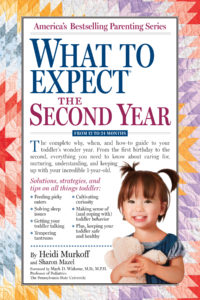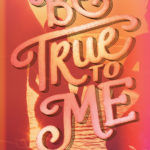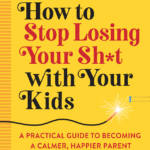 Q: Yesterday I was mortified when my daughter swung at another child in her playgroup. She didn’t hurt him, but she really could have. Help!
Q: Yesterday I was mortified when my daughter swung at another child in her playgroup. She didn’t hurt him, but she really could have. Help!
A: At this age, hitting (and other kinds of aggressive behavior, such as biting or shoving) can’t be considered malicious or callous. Toddlers (especially young ones) aren’t capable of hurting on purpose—primarily because they haven’t quite figured out that other people have feelings.
While it’s too early to expect truly empathic behavior from your toddler (she’s more likely to experience cause-and-effect curiosity than empathy when her punch reduces her playmate to tears), it isn’t too early to start planting the seeds. When your child takes a swing at her playmate, say firmly, “Don’t hit! Hitting hurts—ouch!” When your child is the victim, comfort her and say, “Hitting hurts, that’s why we don’t hit.” But realize that your words will almost certainly need to be backed up by actions. Supervise playdates closely and stop aggressive behavior the moment it starts by removing the offender from the victim and quickly distracting both with a new activity.
Whatever you do, don’t respond to toddler aggression with adult aggression. Hitting a child teaches her that violence is an appropriate response under stress or in anger. So be sure to keep your temper in check when dealing with hers. (From Chapter 6, “Behavior”)
Want to learn more about the second year? Heidi Murkoff will be answering your questions about toddlerhood and offering tips on how to make the most of months 12 to 23 live on Twitter this Thursday, April 7th, from 9 to 10 PM EST. Join the party!





No Comments